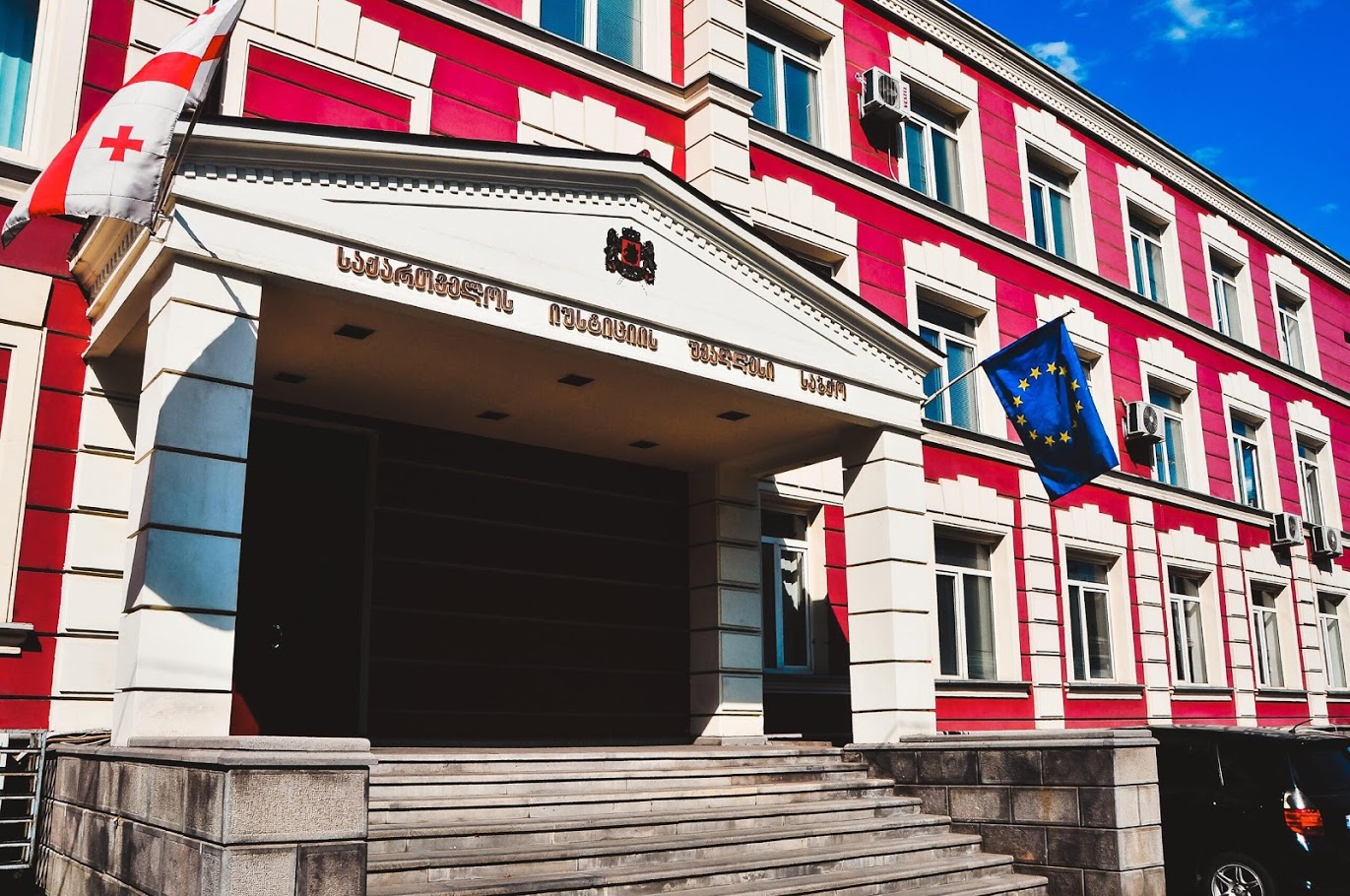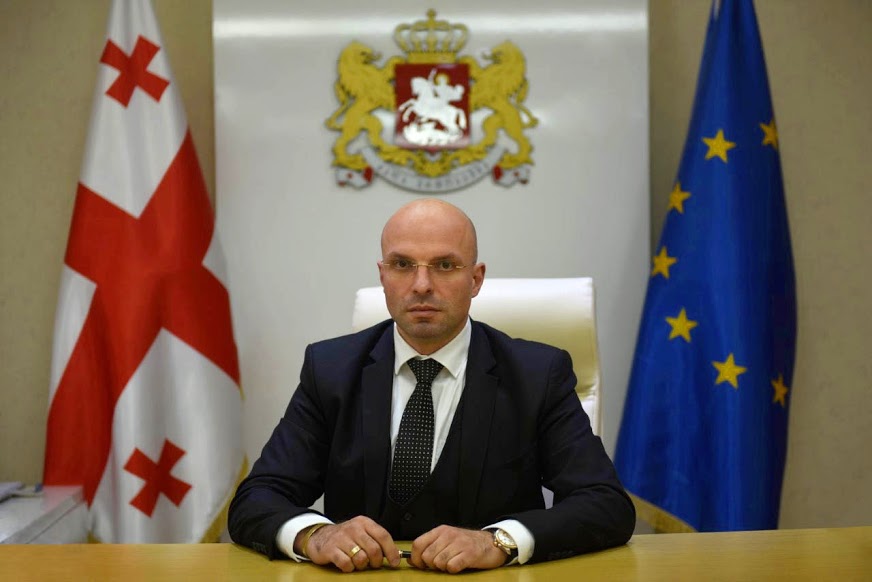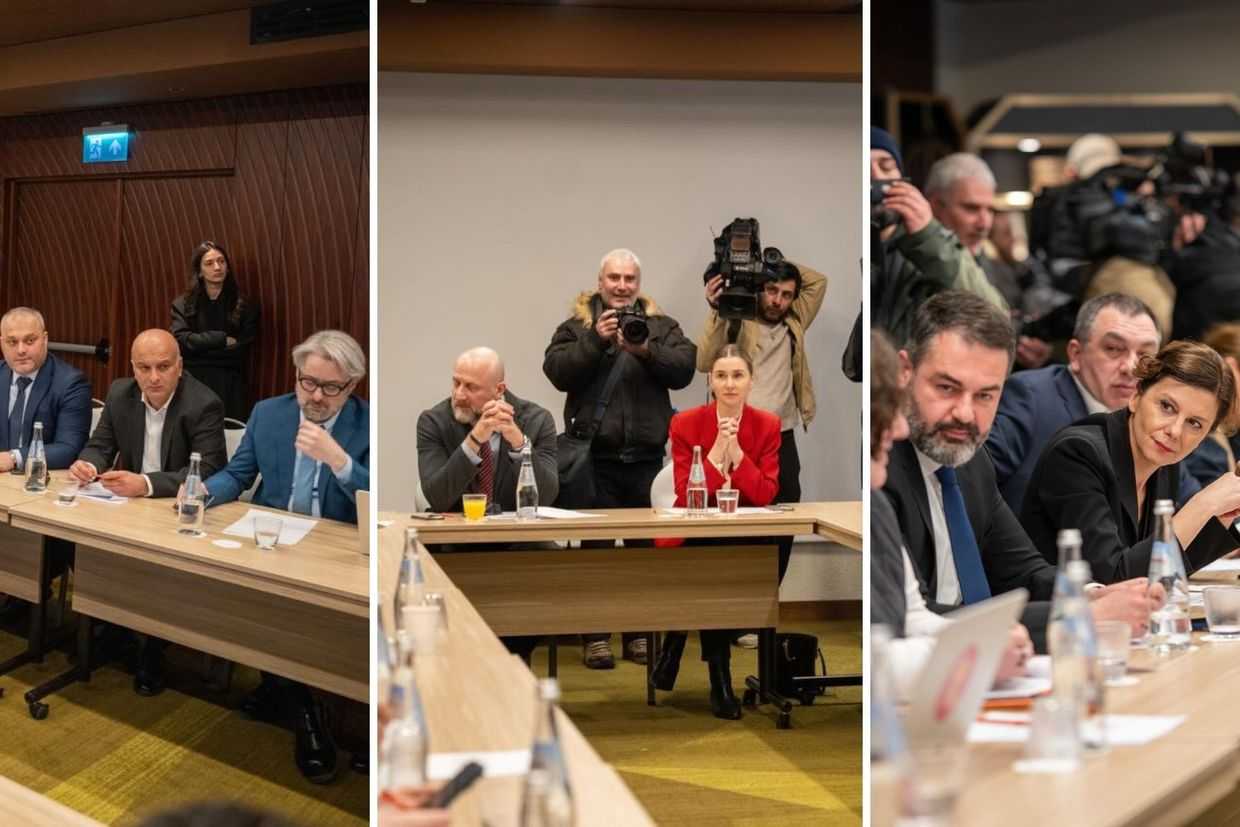

Critics of judicial power in Georgia resist the lifetime appointments of ruling party–backed members of the ‘old clan’ of judges to the Supreme Court.
On 11 July, Nazi Janezashvili and Ana Dolidze, two non-judge members of the High Council of Justice (HCoJ), an independent agency responsible for overseeing the judiciary, demanded that the selection process of Supreme Court nominees be halted.
Both cited non-transparency and several cases of conflict of interest as reasons to start the selection process anew.
According to Sopo Verdzeuli from the Tbilisi-based Human Rights Education and Monitoring Centre (EMC), the Council refused to make the full portfolio of candidate documents public, citing protection of personal information.
The Georgian Coalition for an Independent and Transparent Judiciary, a platform of 40 civil society groups, EMC included, called it a ‘worrying’ decision.
The HCoJ reversed their decision on 12 July.
Verdzeuli told OC Media that they identified three instances of conflict of interest, including the participation of relatives of two of the members of the Council as candidates. Those members, according to Verdzeuli, failed to recuse themselves from the selection process.
She also said they found it problematic that Giorgi Mikautadze served as the HCoJ Secretary while he was also an applicant to be vetted by the Council.
Dimitri Gvritishvili, a member of the HCoJ, quickly rebuffed the allegations of nepotism, saying that only candidates should recuse themselves voluntarily.
‘Coordinated’ secret vote
On 28 June, the Georgian Public Defender Nino Lomjaria reported that secret voting results for the first round of selection of justice nominees ‘raised questions’.
Lomjaria said that the voting cards, while anonymous, nevertheless revealed a ‘high level of coincidence’ and suggested that at least nine Council members must have coordinated their choices in favour of seven applicants.
These seven applicants were part of a group of ten supreme court nominees who had been involved in a major controversy earlier in the year.
In January, the ten, having been nominated by the HCoJ only a month earlier, collectively penned an appeal to the Parliament asking lawmakers not to consider their candidacies. As a result, the HCoJ had to re-open the call for selection in May.
The retraction in January followed accusations from rights groups, the opposition, the Public Defender, and several members of the ruling party of the candidates being compromised and having made political rulings in the past.
That group of judges have commonly been referred to, by rights groups and HCoJ members Janezashvili and Dolidze, as a ‘clan’.
On 27 December, several non-judge members at the HCoJ unsuccessfully tried to resist the lifetime appointment of Levan Murusidze to the Court of Appeals.
Murusidze has been criticised by several civil society groups for his controversial rulings, including on the Sandro Girgvliani murder case in 2006.
On the same day that Murusidze was confirmed as a judge with lifetime tenure, the Chair of the Parliament Legal Affairs Committee Eka Beselia resigned from her post in protest. She said that she had found the ‘rushed’ vetting process in the parliament and cooperation with ‘Murusidze’s clan’ unacceptable. Several MPs followed suit and left the ruling Georgian Dream party.
[Read more on OC Media: Analysis | Why the ruling party in Georgia is losing its MPs]
In parallel with the tremors shaking the ruling party in December and January, several non-governmental organisations, including the Georgian Young Lawyers’ Association, Transparency International Georgia, the Georgian Democracy Initiative, and EMC, campaigned to ‘save the judiciary’ from the ‘clan’.
They insisted that a group of influential individuals within the HCoJ ensured that Georgian courts continued to operate under the ‘total control’ of the executive branch of government.
Most of the judicial reform advocacy groups also disapproved of the laws Georgian Dream proposed in early June, which promised new checks on the HCoJ. They argued that the reforms, which would oblige the HCoJ to make a written, public case for conferring lifetime tenure upon a judge, did little to address the core issue — as they still allowed the HCoJ to appoint and dismiss judges, instead of leaving that prerogative to the courts.
Critics also said that the HCoJ would still retain control over the High School of Justice, which justice reform advocates frequently cite as a potential channel to open up the judicial system for newcomers.
Ivanishvili’s lawyer as potential Chair of Supreme Court
Georgia’s Chief Prosecutor Shalva Tadumadze and his Deputy Mamuka Vasadze are also on the shortlist for lifetime appointments.
The judicial reforms advocacy group Article 42 of the Constitution noted in their 2 July statement that while it was not prohibited by the law, incumbent Chief Prosecutor Tadumadze’s application created risks of undue influence, considering that the agency under him was yet to investigate two cases related to the HCoJ.
One of them, according to Article 42, is a probe over the possible assault on a teenager by the HCoJ Chair Giorgi Mikautadze.
Shalva Tadumadze, approved by the parliament majority as Georgia’s new Chief Prosecutor only last July, had previously been a lawyer for the chair of Georgian Dream, Bidzina Ivanishvili, before becoming the government’s parliamentary secretary in 2012.

Under Tadumadze’s short tenure, due to recent changes in the Georgian constitution, the Chief Prosecutor’s Office became a stand-alone agency independent from the Justice Ministry.
‘It’s hard to even comprehend why a Chief Prosecutor elected a year ago would participate in this selection’, EMC’s Sopo Verdzeuli told OC Media.
Verdzeuli said that not finishing a 6-year tenure and then not offering an explanation about his choice to the public ‘is not serious’.
‘Looks like working as a Chief Prosecutor was a transition period for him. He enjoys support in Georgian Dream’, Verdzeuli told OC Media. ‘He is a reliable cadre in the eyes of the party leadership’.
While working as a Chief Prosecutor, Tadumadze rarely sat down for interviews with independent media or personally held any press conferences.
A December 2018 survey by the Washington-based National Democratic Institute (NDI), carried out by CRRC Georgia, showed that 61% of respondents had difficulty rating Tadumadze’s performance in any way.
The position of Chair of the Supreme Court became vacant after Nino Gvenetadze, the first woman in that position, abruptly resigned last August, citing health reasons.
Her resignation sparked speculations she may have been pressured to quit.
In November 2017, Gvenetadze said she was a victim of ‘violence’. She made a statement before the HCoJ, stressing members of the Council were pushing her to make a decision she didn’t agree with. There were several controversial topics on the agenda that day, including the lifetime appointment of 34 judges.









